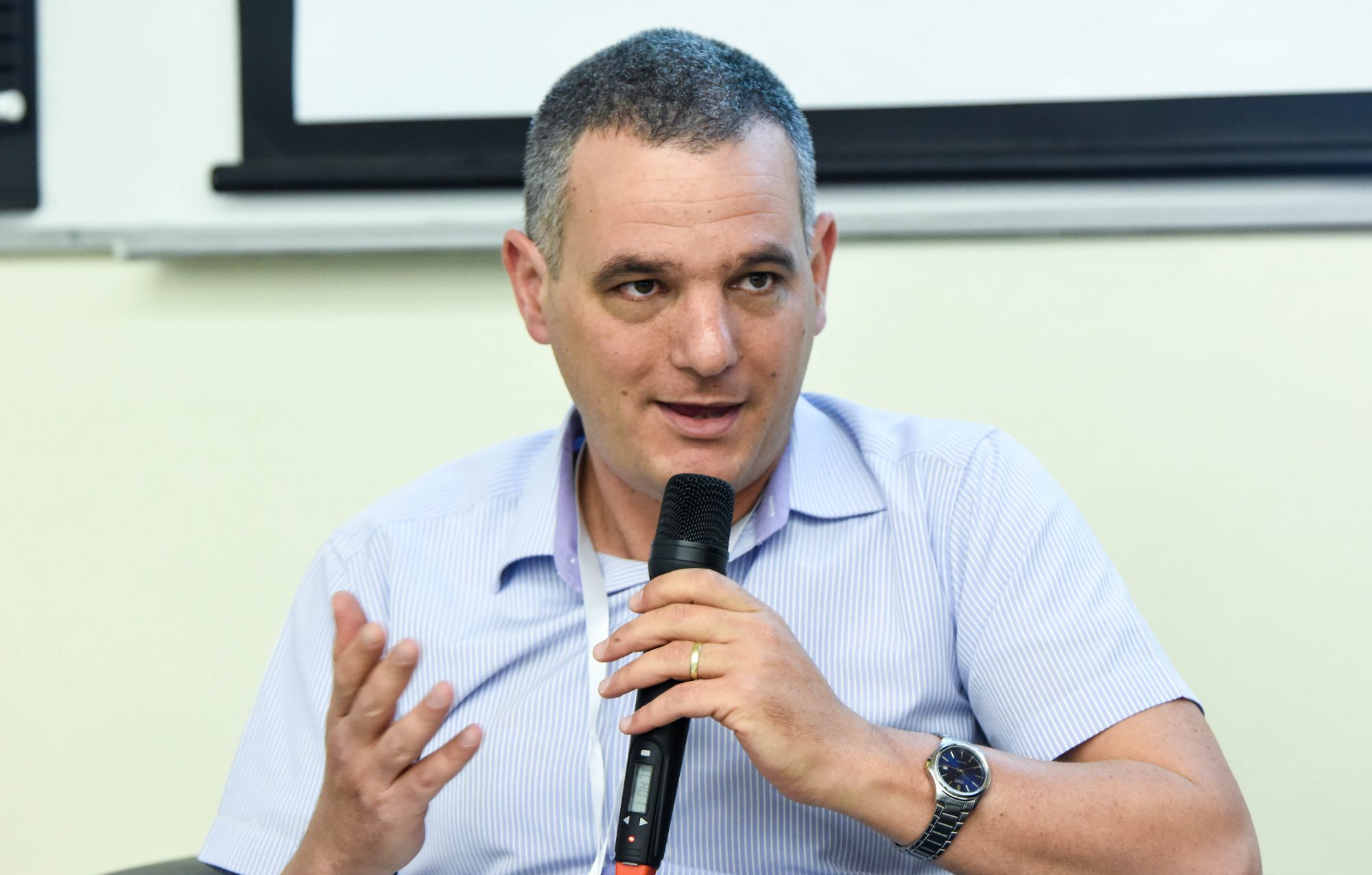The Community Rehabilitation of the Mentally Disabled Act: Entrepreneurship, leadership and seizing opportunities in policymaking
Nadav Perez-Vaisvidovsky, PhD, School of social work, Ashkelon Academic college
Uri Aviram, Professor (Emeritus), School of social work and social welfare, Hebrew University; Dean, School of Social and Community Sciences, Rupin Academic Center
פרץ-וייסוידובסקי, נ. ואבירם, א. (2017). חוק שיקום נכי נפש בקהילה: יזמות, מנהיגות וניצול הזדמנויות בעיצוב מדיניות. ביטחון סוציאלי, 101, 141-167
Abstract
This paper examines the circumstances and the processes that lead to the legislation of the community rehabilitation of the mentally disabled act in Israel in 2000, and analyzes the factors that impeded or enabled the legislation, its nature standing in stark contradiction to the general direction social policy in Israel took at that period.
The community rehabilitation of the mentally disabled act is considered a progressive act in comparative international standards, and constitutes a conceptual change in society’s attitude toward people with severe mental illness. In this case study, the research attempts to point the critical factors enabling policy when facing changing environments change, in the area of mental health policy and in social policy in general.
The theoretical basis for this paper is Kingdon’s ‘policy streams’ theory, and theories explaining the actions of policy entrepreneurs and their part in promoting reforms and policy change. The paper analyses the factors and circumstances in the decade beginning in 1990 to the completion of the legislation leading to the rehabilitative reform in mental health. It focuses on the stakeholders taking part and the main issues arising in the struggle for legislation and policy change.
The findings emphasize the importance of different streams converging and creating necessary conditions for policy change, and the importance of policy entrepreneurs, working to fulfill the potential for legislation. The discussion points to the necessary conditions for policy change, and the characteristics required from policy entrepreneurs to make policy change from a possibility to an actuality.
The-rehabilitation-of-the-mentally-disabled-in-the-community-act-in-Israel
